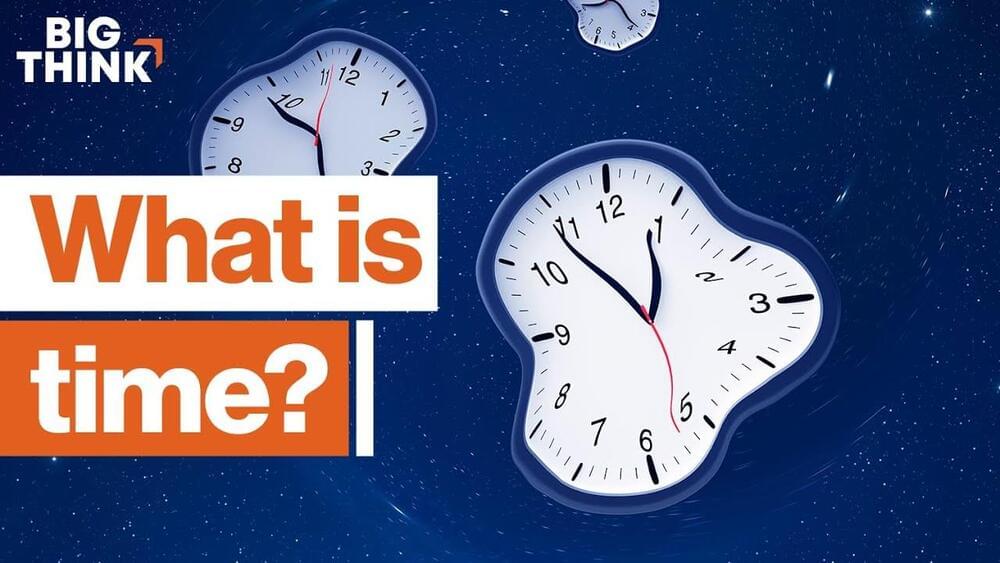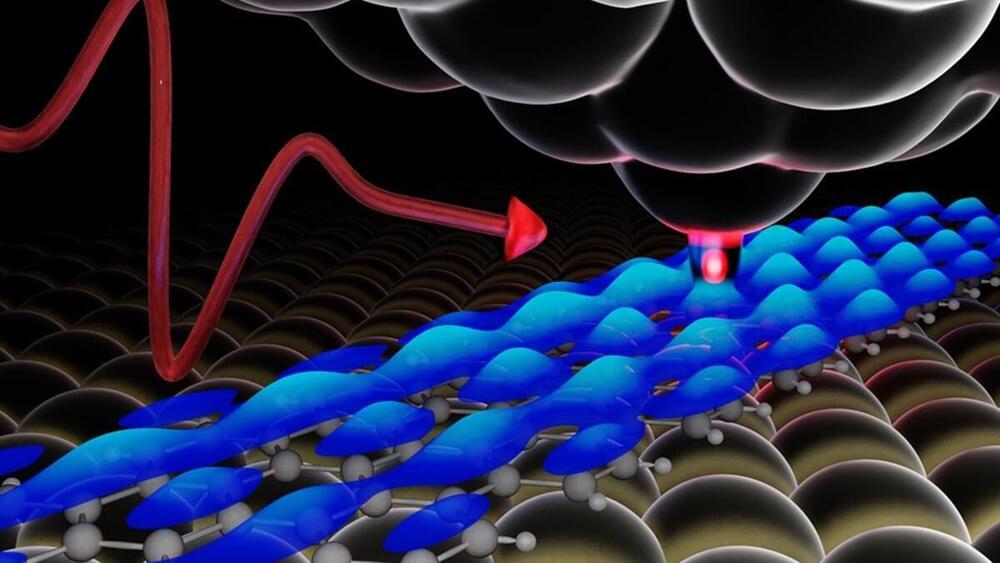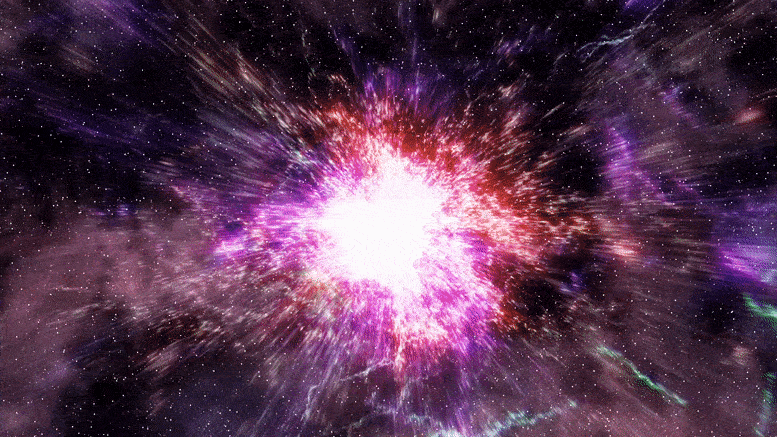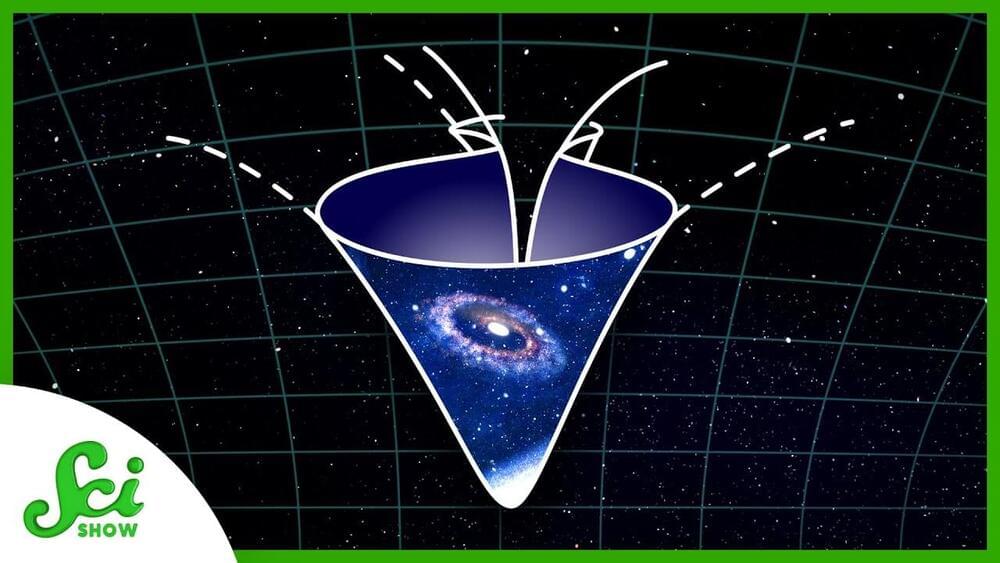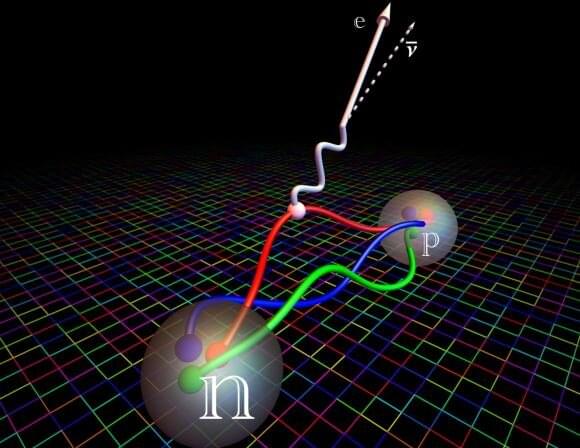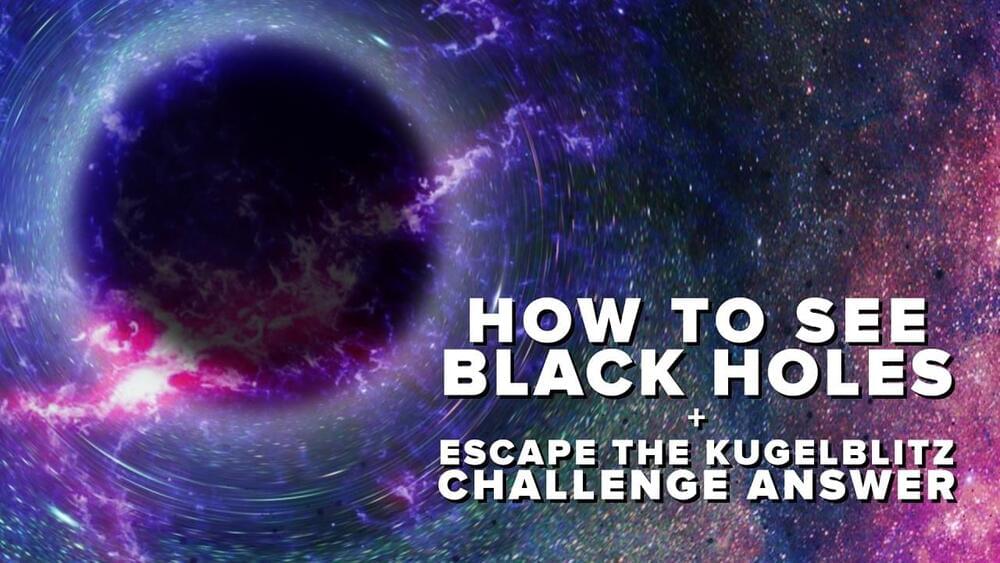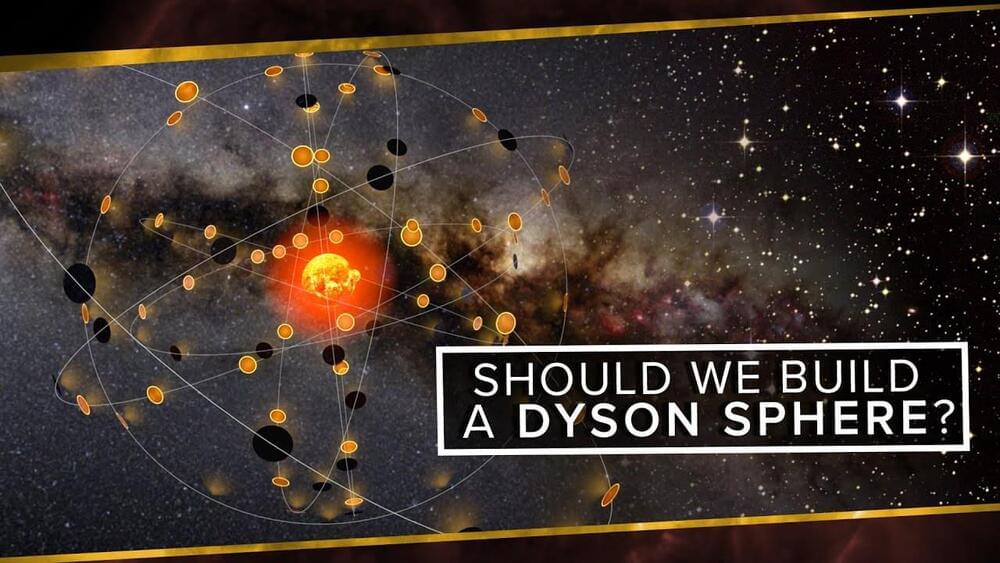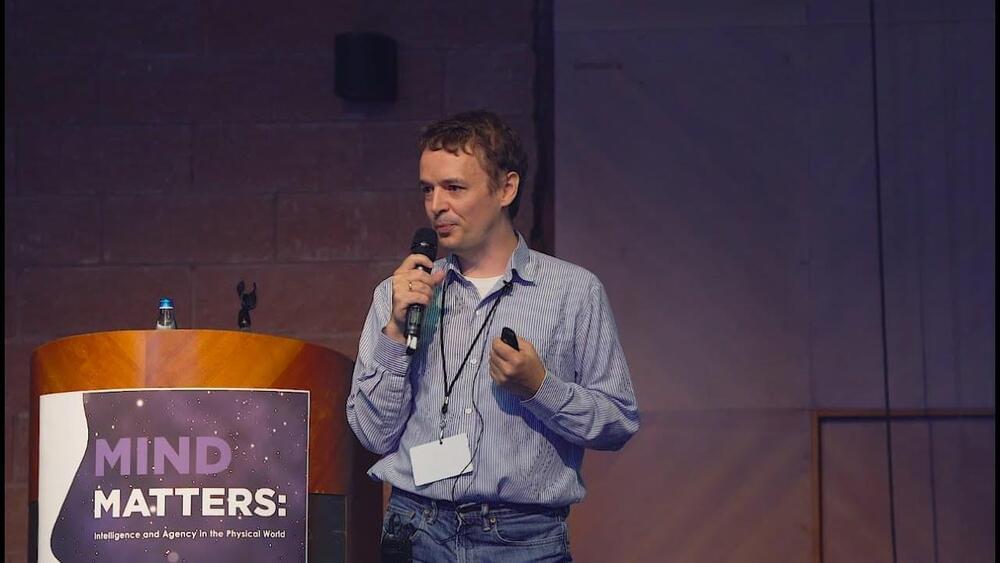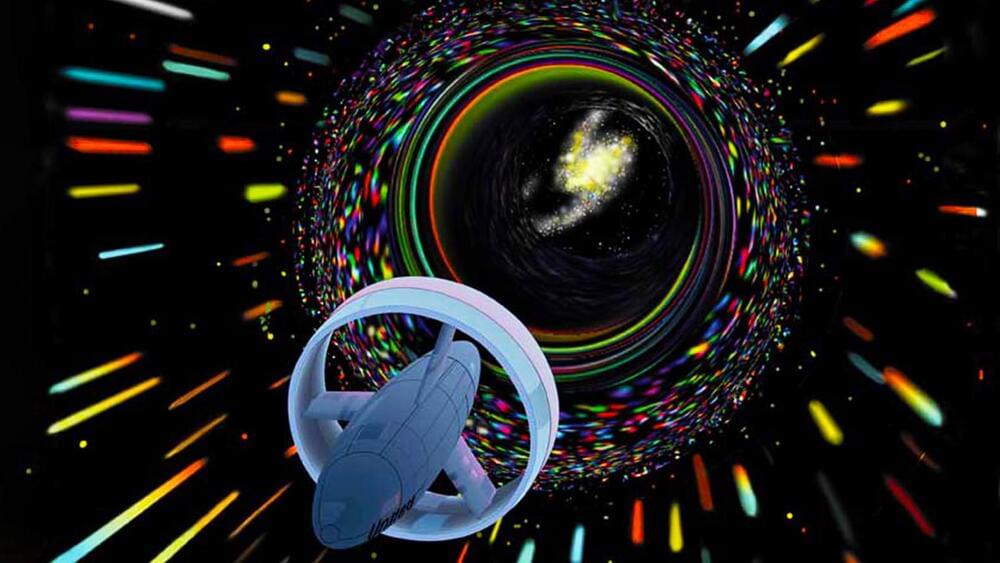Nov 27, 2021
Time: Do the past, present, and future exist all at once? | Big Think
Posted by Dan Breeden in categories: alien life, information science, mobile phones, neuroscience, physics, robotics/AI, time travel
Watch the newest video from Big Think: https://bigth.ink/NewVideo.
Learn skills from the world’s top minds at Big Think+: https://bigthink.com/plus/
Everything we do as living organisms is dependent, in some capacity, on time. The concept is so complex that scientists still argue whether it exists or if it is an illusion. In this video, astrophysicist Michelle Thaller, science educator Bill Nye, author James Gleick, and neuroscientist Dean Buonomano discuss how the human brain perceives of the passage of time, the idea in theoretical physics of time as a fourth dimension, and the theory that space and time are interwoven. Thaller illustrates Einstein’s theory of relativity, Buonomano outlines eternalism, and all the experts touch on issues of perception, definition, and experience. Check Dean Buonomano’s latest book Your Brain Is a Time Machine: The Neuroscience and Physics of Time at https://amzn.to/2GY1n1z.
Continue reading “Time: Do the past, present, and future exist all at once? | Big Think” »
